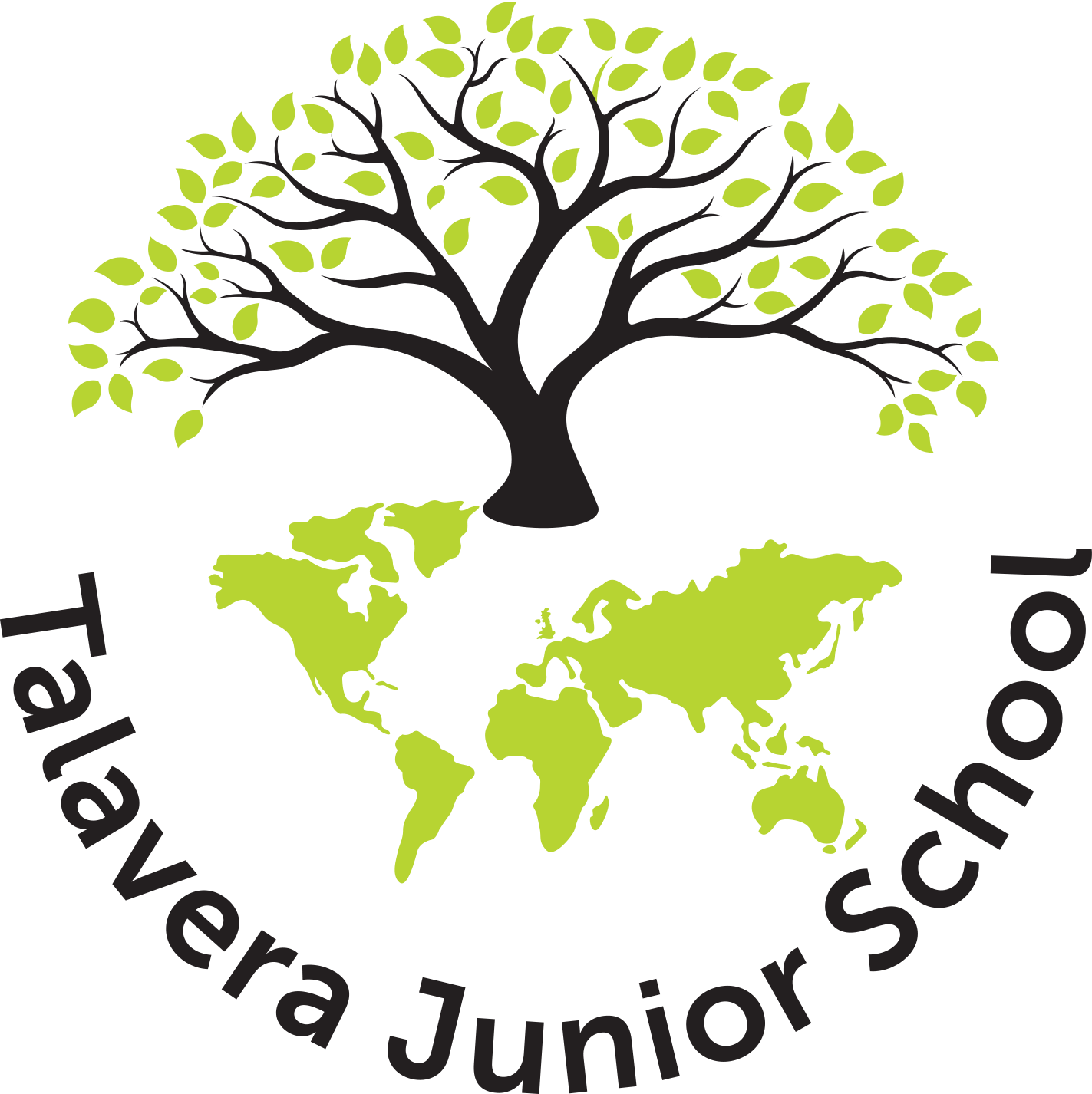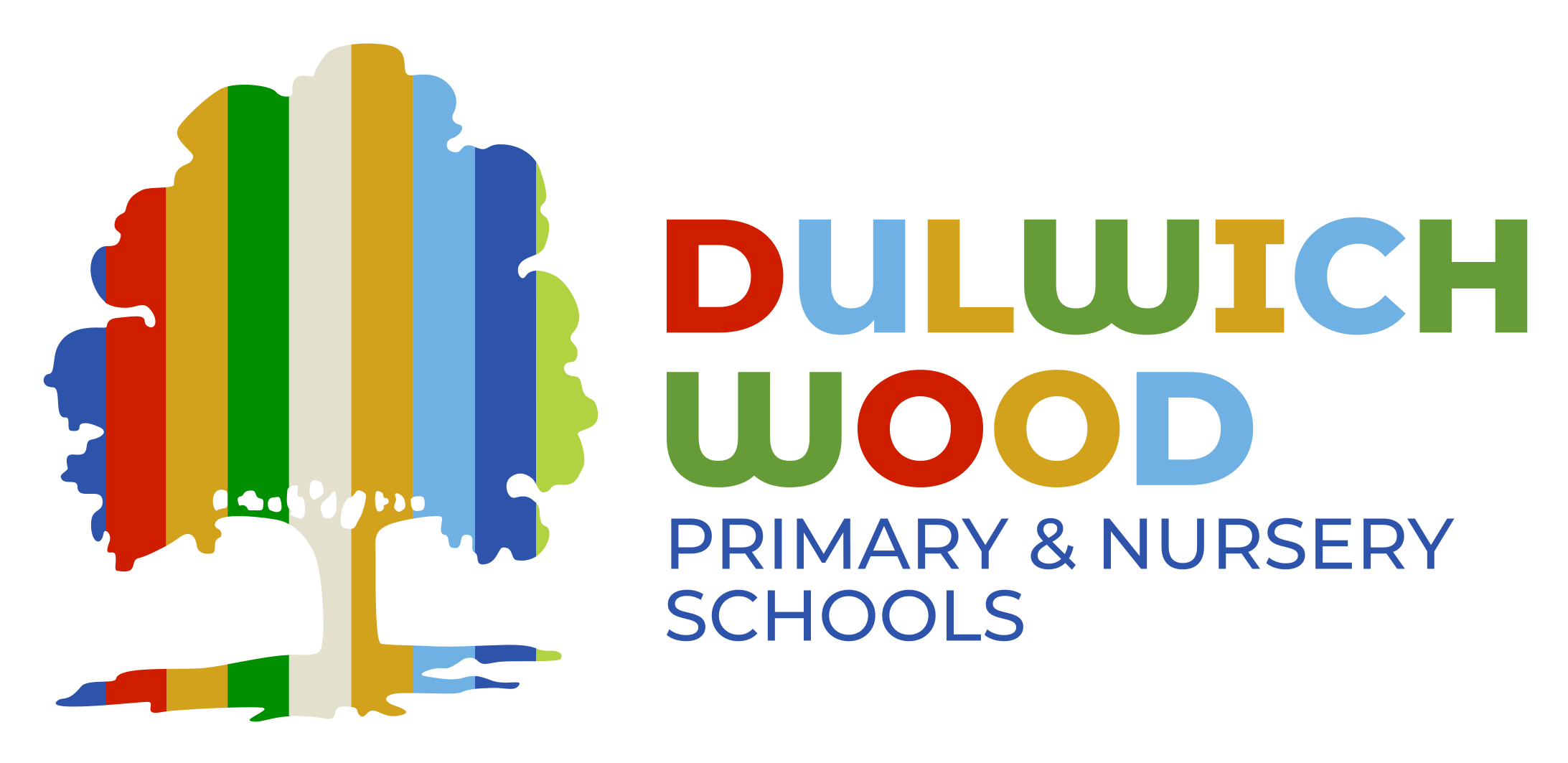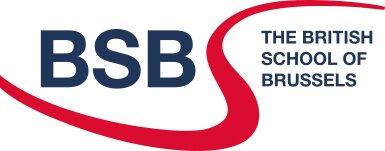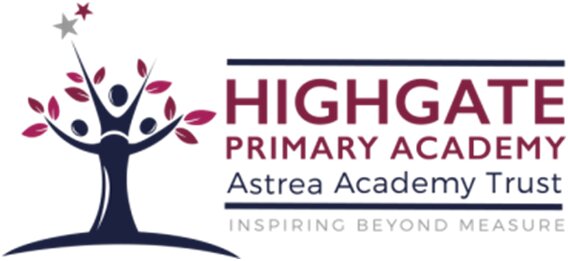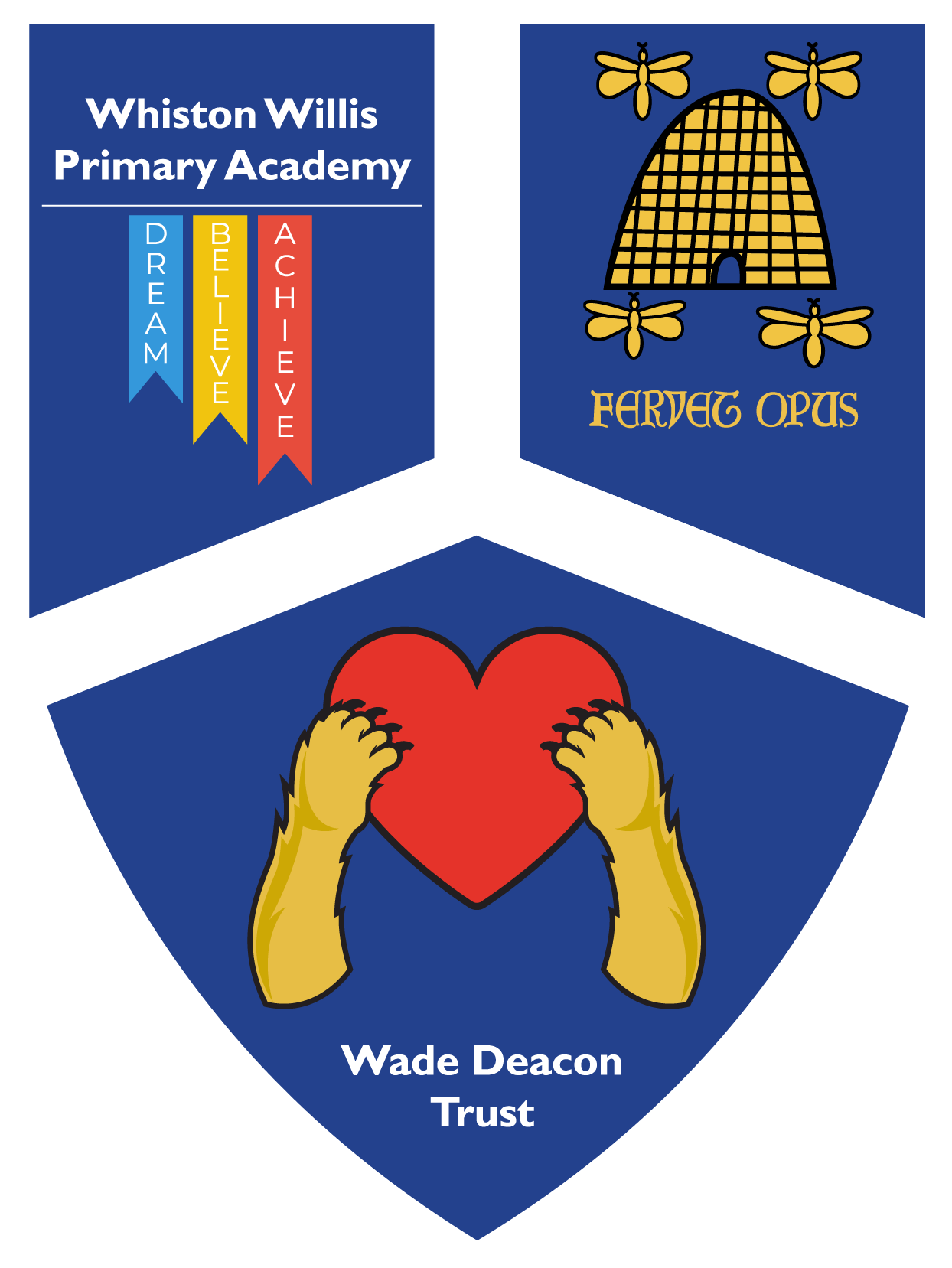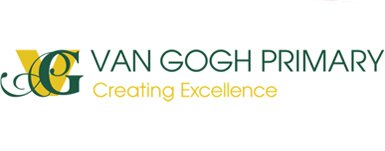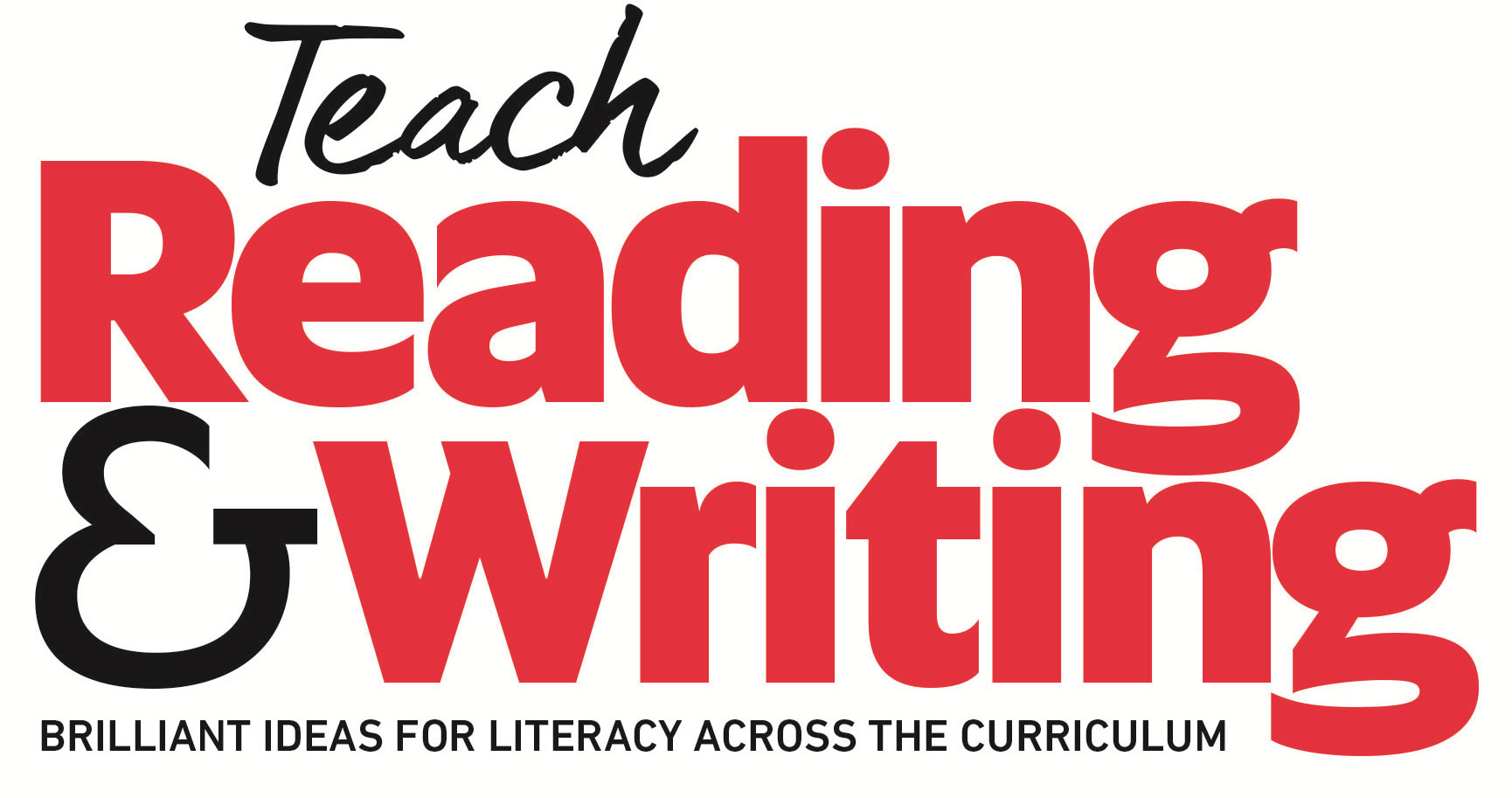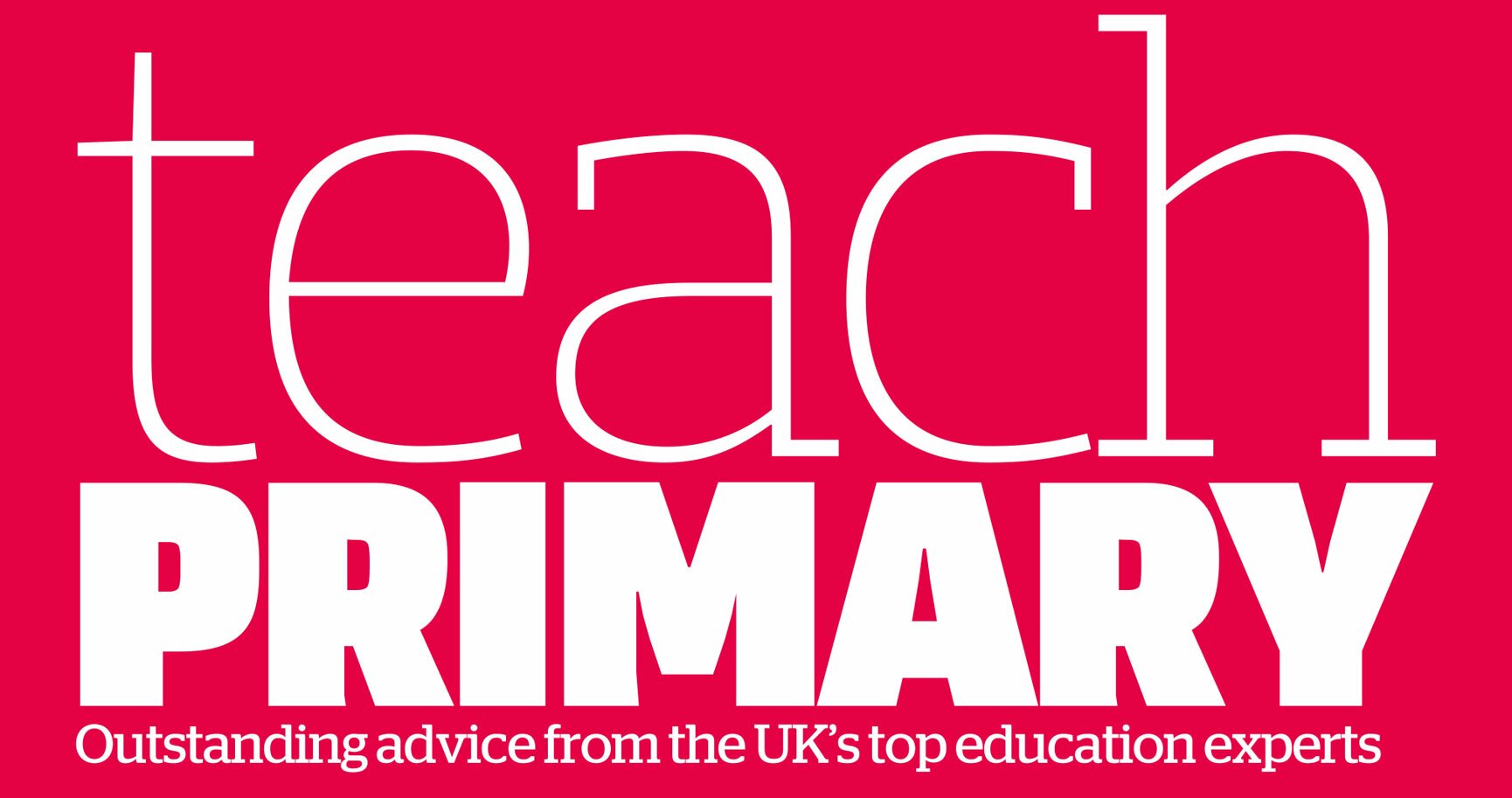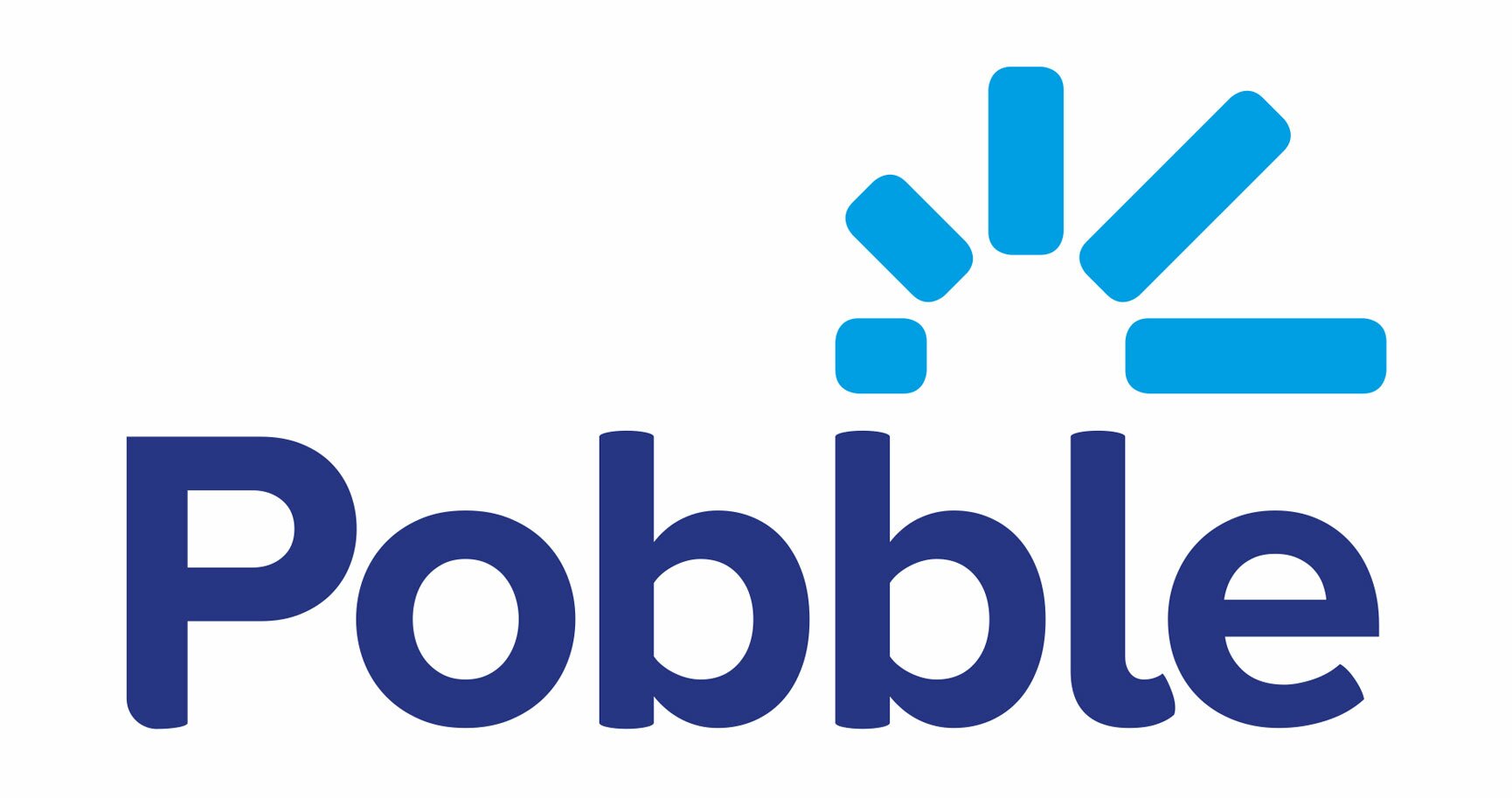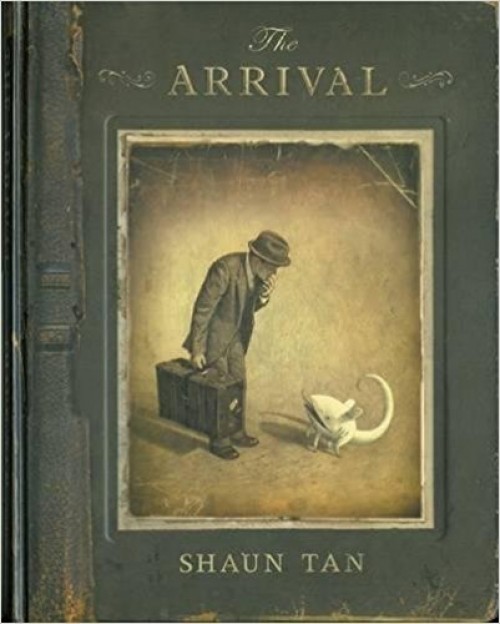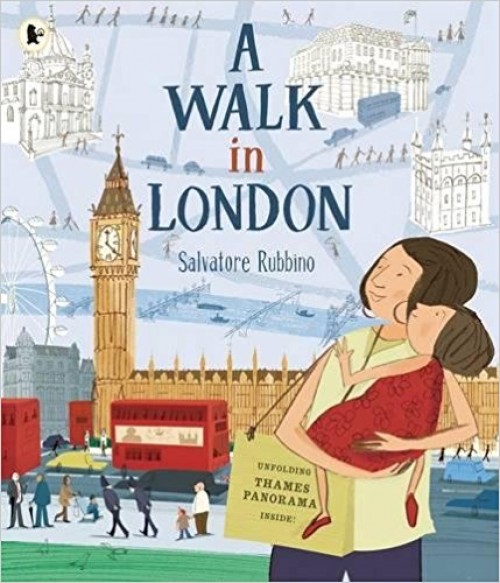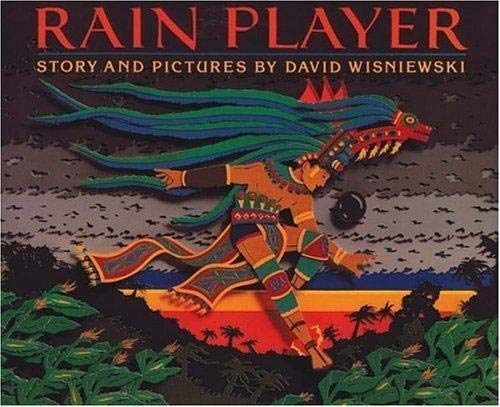The complete book-based approach to primary English
What is the Literary Curriculum?
The Literary Curriculum is a complete approach to the teaching of primary English that can be used by teachers, home educators and whole schools to deliver a book-based approach to the teaching of English.
Developed by The Literacy Tree, a group of English specialists who have all been teachers, school leaders and moderators, the Literary Curriculum immerses children in a literary world, therefore creating strong levels of engagement to provide meaningful and authentic contexts for primary English.
Children become critical readers and acquire an authorial style as they encounter a wide-range of significant authors and a variety of fiction, non-fiction and poetry.
Free Samples
What is Included?
All of these resources place children’s literature at the core. They can be used as separate components but used altogether can build a literature-led whole school approach.
The Teach Through a Text Approachfrom The Literacy Tree
The Teach Through a Text pedagogy is the backbone for all of our planning sequences and each aspect is reinforced within the other components

Thematic
link
Links are made through themes and conventions within significant literature


Engaging
starting point
Dramatic conventions provide resonance & create a hook with the book


Embedded
comprehension
Reading comprehension explicitly embedded through prediction and inference


Embedded
grammar
Explicit grammar skills for writing taught in context to be applied purposefully

Spelling &
vocabulary
Explicit spelling skills are explored and linked to vocabulary acquisition


Literary
language
Literary language explicitly taught and applied in writing


Purpose &
audience
Distinct shorter & longer writing opportunities rather than genre-led


Samples
- A Reception Sample Planning Sequence for Where the Wild Things Are by Maurice Sendak
- Overview of Texts for the Literary Curriculum
- Overview of the Literary Leaves
- A KS1 Sample Planning Sequence for Rosie Revere, Engineer by Andrea Beaty
- A LKS2 Sample Planning Sequence for Tar Beach by Faith Ringgold
- Mixed-age Two-year Overview of Texts for the Literary Curriculum
- An UKS2 Sample Planning Sequence for Boy in the Tower by Polly Ho Yen
- Rate (Reporting and Assessment Tool) for Writing (Y2 Sample)
- A KS1 Sample Spelling Seed for Rosie Revere, Engineer
- ISBN List for Literary Curriculum Texts
- A LKS2 Sample Spelling Seed for Tar Beach
- Sample Cross-curricular Coverage Map
- An UKS2 Sample Spelling Seed for Boy in the Tower
- Sample English PoS Coverage Map
- A KS1 Sample Literary Leaf for There's a Rang-Tan in my Bedroom
- Thematic Overview - Autumn Term Sample
- A KS2 Sample Literary Leaf for The Listeners by Walter de la Mare
- A Sample Home Learning Branch for Hidden Figures
Did you know?
| Best Value | |||
| Free Individual Account | Individual Subscriber (Three month minimum term) |
School Subscribers | |
|---|---|---|---|
| Access to 15 session+ planning sequences | Pay per sequence |
1 x free sequence token per month (PLUS bonus sign up token!) |
FREE UNLIMITED |
| Access to shorter 10 session+ | Pay per sequence |
||
| Access to Literary Leaves | |||
| Access to Spelling Seeds | |||
| Access to Home Learning Branches | |||
| Access to Home Learning Logs | |||
| Access to Writing Samples | |||
| Access to 15% off book ordering through ‘Tales on Moon Lane’ | |||
| Access to RATE (Recording and Assessment Tool for English) | |||
| Access to whole school overviews and coverage maps | |||
| Access to Literary Curriculum yearly thematic map | |||
| Access to use and adopt Literacy policy statement which puts Literature at the heart of English provision | |||
| Permission to use Literary Curriculum badge on your website | |||
| 10% Discount off all Literacy Tree training places and INSETs | |||
The use of high quality literature is important in schools; it expands its readers' horizons, opening minds to concepts and themes such as hope, freedom and justice, as well as providing vital insights into historical settings with geographical and scientific knowledge woven within as part of the narrative.
All our texts sit within literary themes. Each year group has 6 themes and includes a minimum of 12 literary texts that have clear progression.
Below is a sample of the thematic map for Autumn 1, which schools can adopt.
|
Reception
|
Autumn 1 |
Outside inside |
Where the Wild Things Are |
|
Bringing the Rain to Kapiti Plain |
|||
|
Year 1 |
Autumn 1 |
Journeys & exploration |
Cave Baby |
|
Naughty Bus |
|||
|
Moon Factfiles |
|||
|
Year 2
|
Autumn 1 |
A twist in the tale |
The Goldilocks Project |
|
Jim and the Beanstalk |
|||
|
Year 3 |
Autumn 1 |
Magic & wonder |
Leon and the Place Between |
|
The Heart and the Bottle |
|||
|
Year 4 |
Autumn 1 |
Freedom & captivity |
Iron Man |
|
Varmints |
|||
|
Year 5 |
Autumn 1 |
Ambition & desire |
The Man Who Walked Between the Towers |
|
Robot Girl |
|||
|
King Kong |
|||
|
Year 6 |
Autumn 1 |
Migration & movement |
The Unforgotten Coat |
|
The Arrival |
Texts are always selected for their quality and significance. There is a wide variety including classics, award-winning texts (Carnegie, Kate Greenaway, Guardian, Newbery and Caldecott) and celebrated and significant authors such as children’s laureates and poet laureates. The range includes novels, novellas, picture books, wordless texts, narrative poems, playscripts and narrative non-fiction.
Within the range, there is a wide variety of fiction and non-fiction genres, such as historical narrative, mystery, adventure and fantasy.
All plans include engaging starting points to generate interest, engage and activate inference. These link to the books’ themes and employ elements of dramatic conventions, which are maintained and addressed across the sequence.
Plans include explicit grammar objectives so that the grammar skills for writing are seen in context and can be applied within writing. These can be taught ‘discretely’ yet creatively, and still embedded firmly within the context of the book.
In addition, planning integrates spelling investigations and activities, so that patterns and rules can be explored, discovered and then used purposefully within writing.
Built into the plans are a variety of shorter and longer writing opportunities that are purposeful and pertinent to particular points of text. Children are encouraged to write in role, with bias and for a distinct audience, rather than writing in one fixed genre for the whole planning sequence.
Collectively the sequences help children build a literary repertoire; develop a knowledge of significant authors and prepares them for the subject content of critical reading at Key stage 3.
This can best be answered who have used our planning sequences throughout their schools to support their agenda in raising attainment in writing:
'The Literary Curriculum has without question brought about a dramatic improvement in the quality of children's writing - particularly the boys - and I was so proud at our cross-school moderation meeting when our children's writing had all sorts of literary features which they were using very naturally’
Dan Paton, Deputy Headteacher, Arnot St Mary Primary, Liverpool.
'Our GSP and writing scores were fantastic this year due to all the Literacy Tree planning sequences we follow. We were 93% Expected and 53% Greater Depth when 2 years ago we were 65% expected.’
Amanda Webb, Headteacher, Talavera Junior School, Hampshire
Read some of our other testimonials here.
We run an extensive training programme from our base in London that supports all aspects of the delivery, subject knowledge and pedagogy of our approach. However, we are not London-centric and our consultants are happy to travel. In the past year we have delivered book-based training across the UK and in Europe. Please contact us to discuss your training and inset needs:

